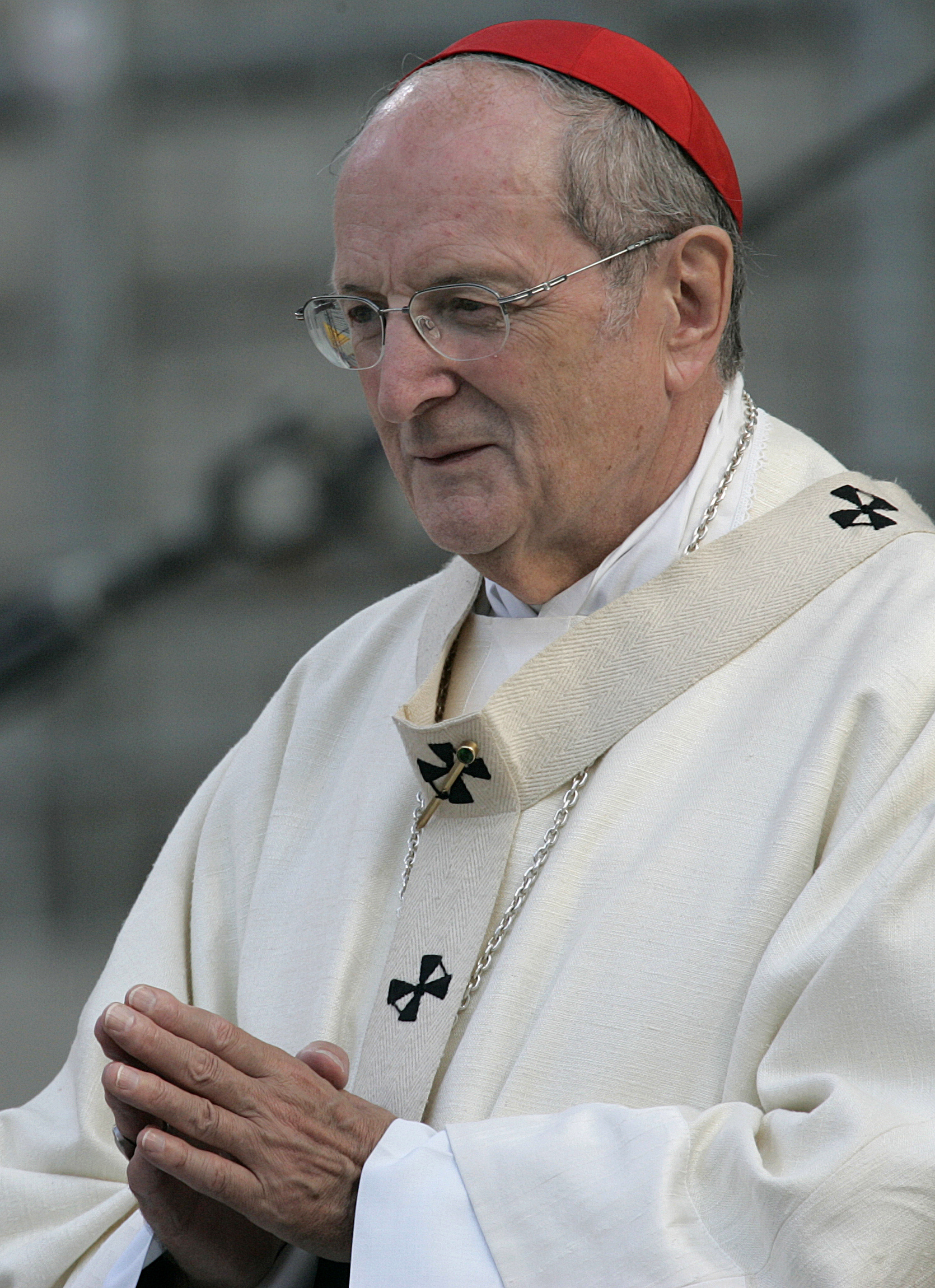
German Cardinal Joachim Meisner, retired archbishop of Cologne, died unexpectedly in his sleep July 5 while on vacation in southern Germany. He was 83.
He was one of four cardinals who formally asked Pope Francis to clarify his teaching on Communion for the divorced and civilly remarried.
When the four prelates did not receive a response, they released the letter to the press saying, “We have noted a grave disorientation and great confusion of many faithful regarding extremely important matters for the life of the church,” especially given the contrasting interpretations – even among bishops – of Chapter 8 of ‘Amoris Laetitia,’” the chapter dealing with ministry to the divorced in his exhortation on the family.
When Germany was divided, he served as the Bishop of the Diocese of Berlin, which was particularly complex as it included East and West Berlin and stretched up to the Baltic Sea. Residing in East Berlin, he was one of few people authorized to cross frequently into West Berlin to carry out his ministry, and he was known as “the bishop who passed through the wall.”
Cardinal Meisner was bishop of Berlin between 1980 and 1988. St. John Paul II named him a cardinal in 1983.
He was born in the city of Wroclaw, now part of Poland, that was then called Breslau and was the capital of Prussian Lower Silesia, a part of Germany.
Ordained a priest in 1962, he worked in Heiligenstadt, East Germany, and later became regional director of Caritas, the international Catholic assistance and development agency. He was named auxiliary bishop of Erfurt-Meiningen, East Germany, in 1975.
He served as archbishop of Cologne for 25 years, from his installation in 1989 to his retirement in 2014.
During events in Rome marking the end of the Year for Priests in 2010, Cardinal Meisner lamented the drop in the practice of the sacrament of reconciliation, saying it has hurt the church and priests.
His death leaves the College of Cardinals with 224 members, 121 of whom are younger than the age of 80 and therefore eligible to vote in a conclave to elect a new pope.
